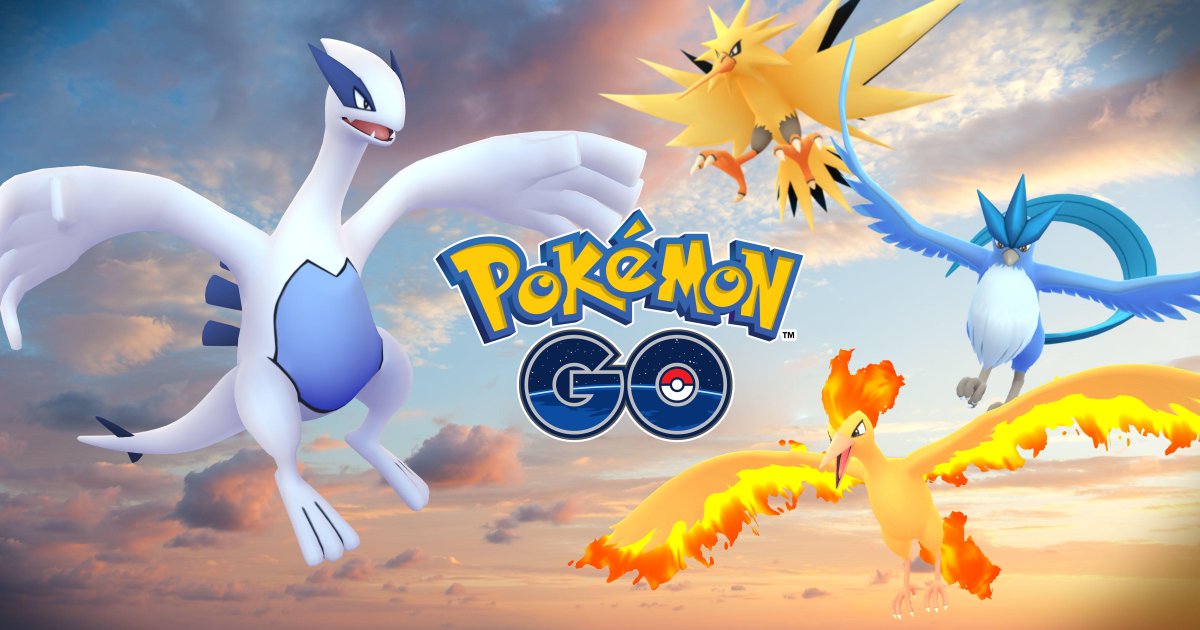
When Geothink Co-Applicant Pamela Robinson kicked off the inaugural Geothink&Learn on Pokémon Go and governance live to the public this past Wednesday, October 4, it marked a new phase in the five-year Geothink partnership research grant.
By Drew Bush
When Geothink Co-Applicant Pamela Robinson kicked off the inaugural Geothink&Learn on Pokémon Go and governance live to the public this past Wednesday, October 4, it marked a new phase in the five-year Geothink partnership research grant. Five panelists shared insight on the broader implications of the popular augmented reality game that captured the screens of smartphone users last spring, Pokémon Go. The panel was followed by a lively discussion between participants and panelists during a question and answer session.
“In the final year of our five-year partnership grant, our original themes have emerged into concrete research collaborations and products,” Geothink Head Renee Sieber, associate professor in McGill University’s Department of Geography and School of Environment, said. “As a result, we’re inviting the Geothink community and the public at large to come learn with our experts, think about what they’ve just heard, and discuss online with our community.”
The first Geothink&Learn featured a dynamic panel from Canada and the United States with interdiscplinary perspectives on Pokémon Go and its implications for governance, social equity, legal issues and urban planning. Robinson, an associate professor in Ryerson University’s School of Urban and Regional Planning and the associate dean for Graduate Studies and Strategic Services, convened the session. Speakers included Sieber; Tenille Brown, adjunct professor and doctoral candidate in the University of Ottawa’s Faculty of Law; Nick Seaver, assistant professor in Tufts University’s Department of Anthropology; and Adriana de Souza e Silva, associate professor at the Department of Communication at North Carolina State University.
Missed the first Geothink&Learn? Don’t worry you can watch the full webinar below on YouTube. Check out the new Geothink&Learn section on our home page for an archive of all talks and to make sure you don’t miss our upcoming panels and topics.
“These short online webinars—most will be only an hour—are intended to bring together our grant’s co-applicants, partners, collaborators, students and public to learn and share,” Geothink Project Manager Sonja Solomun, said. “We’re really excited to have dynamic panelists for our first two Geothink&Learns this October and November on Pokémon Go and the Future of Open Data. We invite you to register in advance as we publish each monthly webinar on our Web site.”
Talks are planned for each of the upcoming months until the Geothink grant concludes this coming April. The next talk, this November 14, will focus on the future of open data and be convened by Geothink Co-Applicant Peter Johnson, an associate professor in University of Waterloo’s Department of Geography and Environmental Management. It will feature Geothink Partners Jean-Noé Landry, executive director of Open North, and Marcy Burchfield, executive director of the Neptis Foundation; and, Co-Applicants Robinson and Teresa Scassa, a Canada Research Chair in Information Law at the University of Ottawa.
Other projects in the final year of the grant include a call for papers (submissions due October 7) for two books that will represent the culimination of much of the grant’s research. The first book will focus on Locating Power & Justice in the Geoweb and the call can be found here. The second will focus on The Future of Open Data and the call can be found here.
Geothink is a five-year partnership research grant funded by Canada’s Social Sciences and Humanities Research Council (SSHRC). Composed of 26 researchers and 30 partners, the grant examines the implications of increasing two-way exchanges of locational information between citizens and governments and the way in which technology shapes, and is shaped by, this exchange.
###
If you have thoughts or questions about the article, get in touch with Drew Bush, Geothink’s digital journalist, at drew.bush@mail.mcgill.ca.
